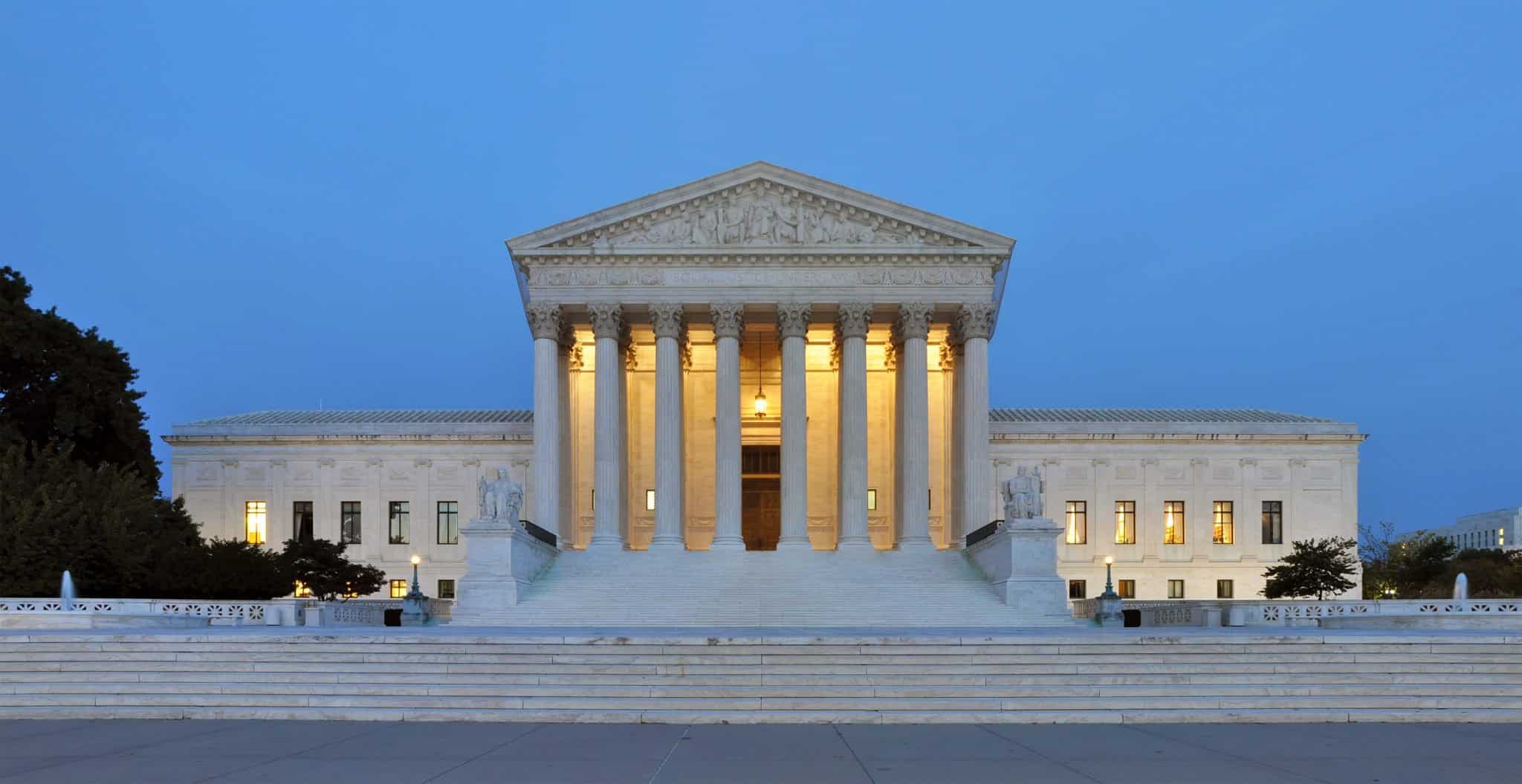
Jason Vazquez is a staff attorney at the International Brotherhood of Teamsters. He graduated from Harvard Law School in 2023. His writing on this blog reflects his personal views and should not be attributed to the IBT.
As restaurants across the country struggle to adequality staff their kitchens and facilities, many conservative policymakers have begun ascribing this purported “labor shortage” to the enhanced unemployment benefits made available during the pandemic. Top White House economic advisers sought to refute such contentions in a memo issued Tuesday, which posits that the labor shortages represent “a positive development, particularly for lower wage workers who have seen little wage growth over the past decades,” because they will compel employers to raise wages. The existing evidence lends credence to this theory, for several major companies have indeed begun implementing wage hikes in recent weeks. The memo stressed that lingering dislocation from the pandemic, rather than augmented UI benefits, is responsible for precluding many individuals from reintegrating into the workforce. For this reason, the decision on the part of nearly two dozen Republican governors to repudiate hundreds of millions of dollars in federal unemployment benefits appears miscalculated, for it will likely have little effect on the labor shortage. Such decisions will, however, surely manage to ratchet up the hardship faced by millions of working families and undermine the post-pandemic economic recovery.
In a speech delivered on Tuesday to the U.S. Chamber of Commerce, Treasury Secretary Janet Yellen underscored the Biden administration’s commitment to raising taxes on corporations in order to fund the ambitious infrastructure projects embodied in The American Jobs Plan. Yellen asserted that the corporate sector must “bear[ ] its fair share,” which, in her view, means “simply to return the corporate tax rate toward historical norms.” To be sure, at times in U.S. history the corporate tax rate has exceeded 50 percent. Yellen nevertheless appears to be referring only to the “historical norm” prevailing before the 2017 federal tax cuts signed by President Trump. Additionally, Yellen took the opportunity to express support for labor unions and confront the nation’s business leaders with respect to the devastating effects of economic inequality. “Workers have seen wage growth stagnate over several decades, despite overall rising productivity and national income,” Yellen enlightened her elite audience. One critical factor perpetuating this cycle, she posited, has been “erosion in labor’s bargaining power.”
On Monday, the Supreme Court agreed to consider a major abrogation of abortion rights in the case of Dobbs v. Jackson Women’s Health Organization. Dobbs, viewed by some as a test case to overturn Roe v. Wade, involves a challenge against a 2018 Mississippi state law enacted barring abortions after only 15 weeks — three months before the “viability” benchmark established in Roe. Although labor leaders have historically been somewhat equivocal on the issue, in recent years many major unions have come to recognize that reproductive rights — enabling women to control their bodies, labor, and lives — amount to workers’ rights.
Lastly, McDonald’s workers have launched a national strike in more than a dozen cities across the U.S., calculated to coincide with the firm’s annual shareholders meeting tomorrow. Senator Bernie Sanders (I-VT) and Rep. Alexandria Ocasio-Cortez (D-NY) are expected to join the strikers in demand of higher wages. The former explained that he’s “proud to join courageous workers who are taking on corporate greed and demanding dignity on the job.” “time is now to end starvation wages in the richest country in the world,” Sanders declared.






Daily News & Commentary
Start your day with our roundup of the latest labor developments. See all
April 26
Starbucks and Workers United resume bargaining talks; Amazon is ordered to disclose records; Alabamians support UAW’s unionization efforts.
April 25
FTC bans noncompete agreements; DOL increases overtime pay eligibility; and Labor Caucus urges JetBlue remain neutral to unionization efforts.
April 24
Workers in Montreal organize the first Amazon warehouse union in Canada and Fordham Graduate Student Workers reach a tentative agreement with the university.
April 23
Supreme Court hears cases about 10(j) injunctions and forced arbitration; workers increasingly strike before earning first union contract
April 22
DOL and EEOC beat the buzzer; Striking journalists get big NLRB news
April 21
Historic unionization at Volkswagen's Chattanooga plant; DOL cracks down on child labor; NY passes tax credit for journalists' salaries.